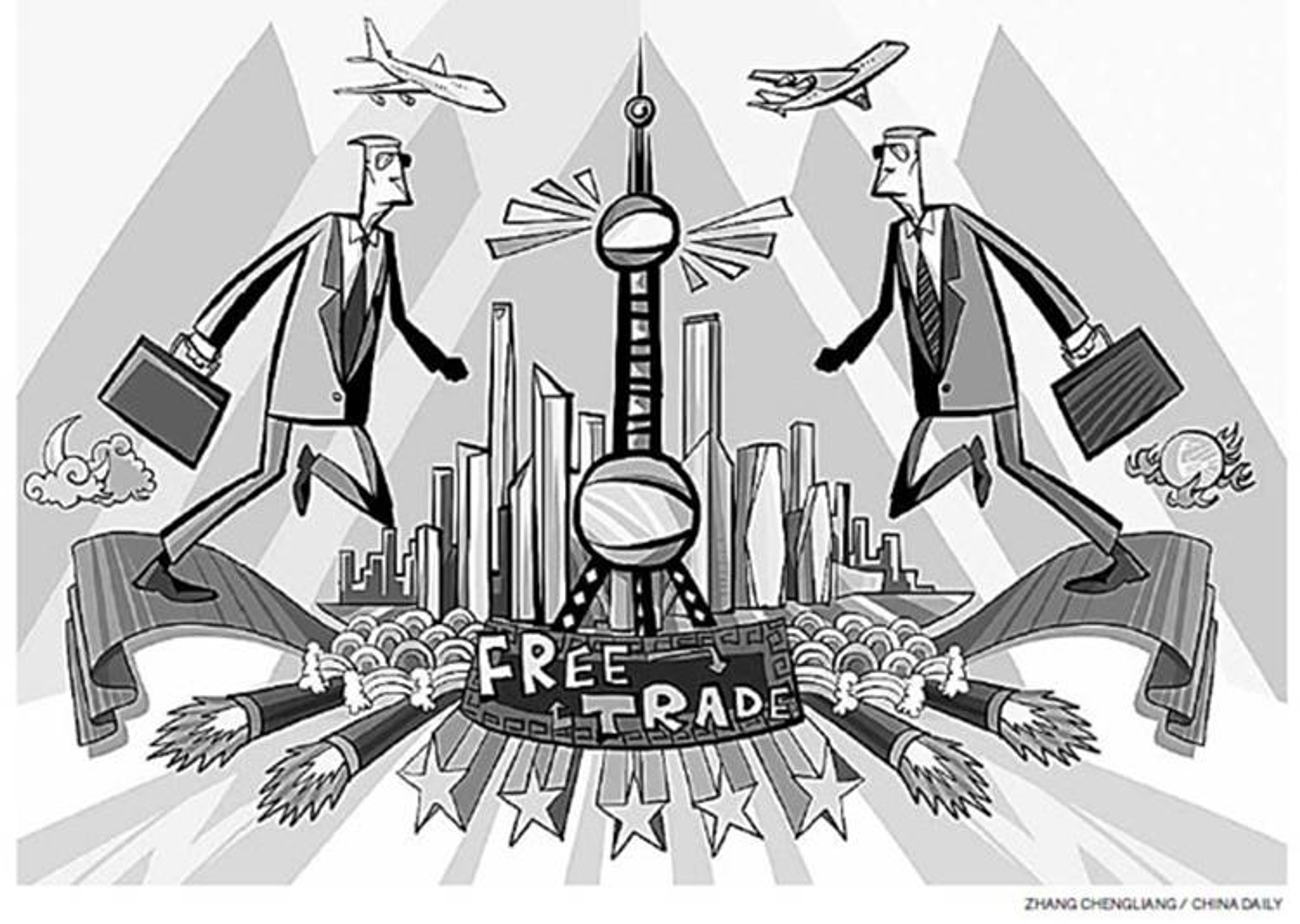“For each according to his abilities. To each according to his needs,” said Karl Marx, the architect of the communist revolution that swept across continents in the last century. Many countries adopted this philosophy with variation to suit their needs. It undoubtedly held forth a promise of a more egalitarian society where everyone was equal. However, this is contrary to human nature, which works more optimally in a free, vibrant and competitive environment. This led to the decline of communism and other socialistic form of economies, in favour of the free market world of the west.
The socialistic form of government that India adopted after Independence nurtured industrial development while also safeguarding the interests of the poor. However, it was unable to provide the large scale economic development that is crucial to make the country strong. In 1991, the economic policies of liberalisation were introduced in India, which promoted the entry of multinationals.
It is a fact that a country’s strength is measured by the state of its economy. This has been demonstrated by the disintegration of the erstwhile communist and economically weak USSR. The quick rise of Japanese and German economy post-Second World War. Hence, it is imperative that if India wants to take its rightful place in the world order it must also be economically strong. Thus besides being self-sufficient, we should also be in a position to produce world class products that compete globally. This can be possible only if the barriers to growth and development are systematically removed. This will accelerate growth and development.
The advantages will be availability of products at competitive prices by encouraging domestic companies to compete with multinational corporations. It will also check inefficiency in the public sector. The influx of new capital and technology will stimulate industrial revolution, which is imperative for a developing country like India. We have just seen the revolution in the automobile industry after liberalisation. Today the customer can choose from a vast range of world-class quality products. This is a far cry from what the consumer was able to get in the erstwhile regime that existed just a decade ago.

Besides depriving the consumer of his right to get quality products it also increased corruption because of the artificial controls exercised by the government. Liberalisation of the economy will keep these in check and also help the government in channelizing more investment in the field of infrastructure healthcare and social security, which needs immediate attention. It will also help tackle the problem of unemployment and poverty.
Just like all changes, this would also spell initial problems for the citizens and the country. For example, increase in the prices of some essential commodities. The restructuring of some public sector industries will render them redundant, which in turn will lead to some people losing their jobs. Nevertheless, these sacrifices would have to be made.
Economic liberalisation is but the need of the hour. It perhaps offers the only panacea to the Herculean problems the country is facing. We must prove to the world that the skill of our people and the products we make are second to none. This can only be possible when our economy is liberalized, and allowed to grow with complete freedom.
Richa Singh is a student pursuing Economics at Jamia Millia Islamia University.
Edited By: Maryam Ahmed
Disclaimer: The opinions expressed in this publication are those of the author. They do not purport to reflect the opinions or views of The Jamia Review or its members.




